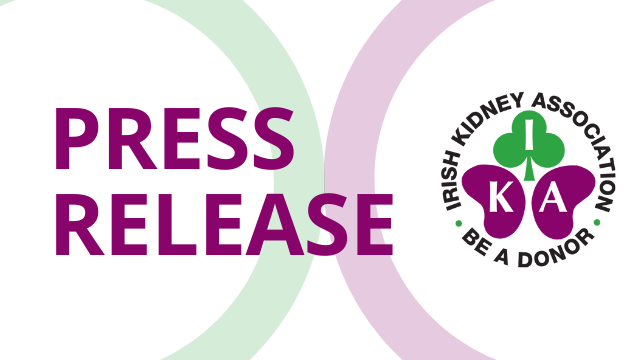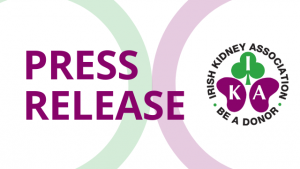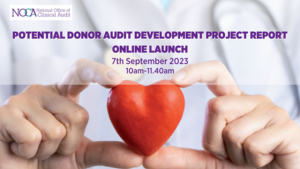The Irish Kidney Association (IKA) refers to yesterday’s recommendation by NPHET to the Minister for Health Stephen Donnelly to remove a mask wearing mandate from most settings/ with just a few exceptions.
The Irish Kidney Association is concerned that there is no safety net in place for high-risk patients. Therefore, removing the face mask mandate at this time seems premature. For example, new therapeutic medications are still in short supply in Ireland, and we are informed they may not be delivered until late March.
We know from experience in dialysis units, in the early stages of the pandemic the impact that mask wearing had in reducing transmission and ultimately mortality rates. For years, patients have put their trust in and been heavily reliant on their medical consultant’s advice. However, often medical consultants have not been fully briefed during the pandemic, so this has created additional unnecessary anxiety for patients.
As part of an IPPOSI coalition we are writing to the HSE Chief Medical Officer with our concerns as follows:
- The 4th round of COVID-19 vaccinations for vulnerable patients is not complete with just 16,000 patients having received their 4th (less than a third of those currently eligible).
- There is no clear guidance publicly available around the allocation of new antiviral and antibody treatments against COVID-19, so vulnerable patients who need speedy access to these new treatments have not been advised of the pathway to access these medicines. For example, to go to their GP or hospital consultant, this creates unnecessary work for both GPs and consultants and increases patient anxieties.
- The term “healthcare setting” needs to be clarified. There is no clear guidance around who should wear face masks or types of masks to be worn. For example, should home carers entering patient homes, or taxi drivers bringing patients to dialysis or chemotherapy, wear facemasks? Should they wear respirator or surgical masks?
- There needs to be timely direct communication with medically vulnerable individuals, especially those with a chronic and/or rare condition(s), to address existing service and treatment challenges while we live with COVID-19
- There needs to be patient involvement in the expert group determining therapeutic




